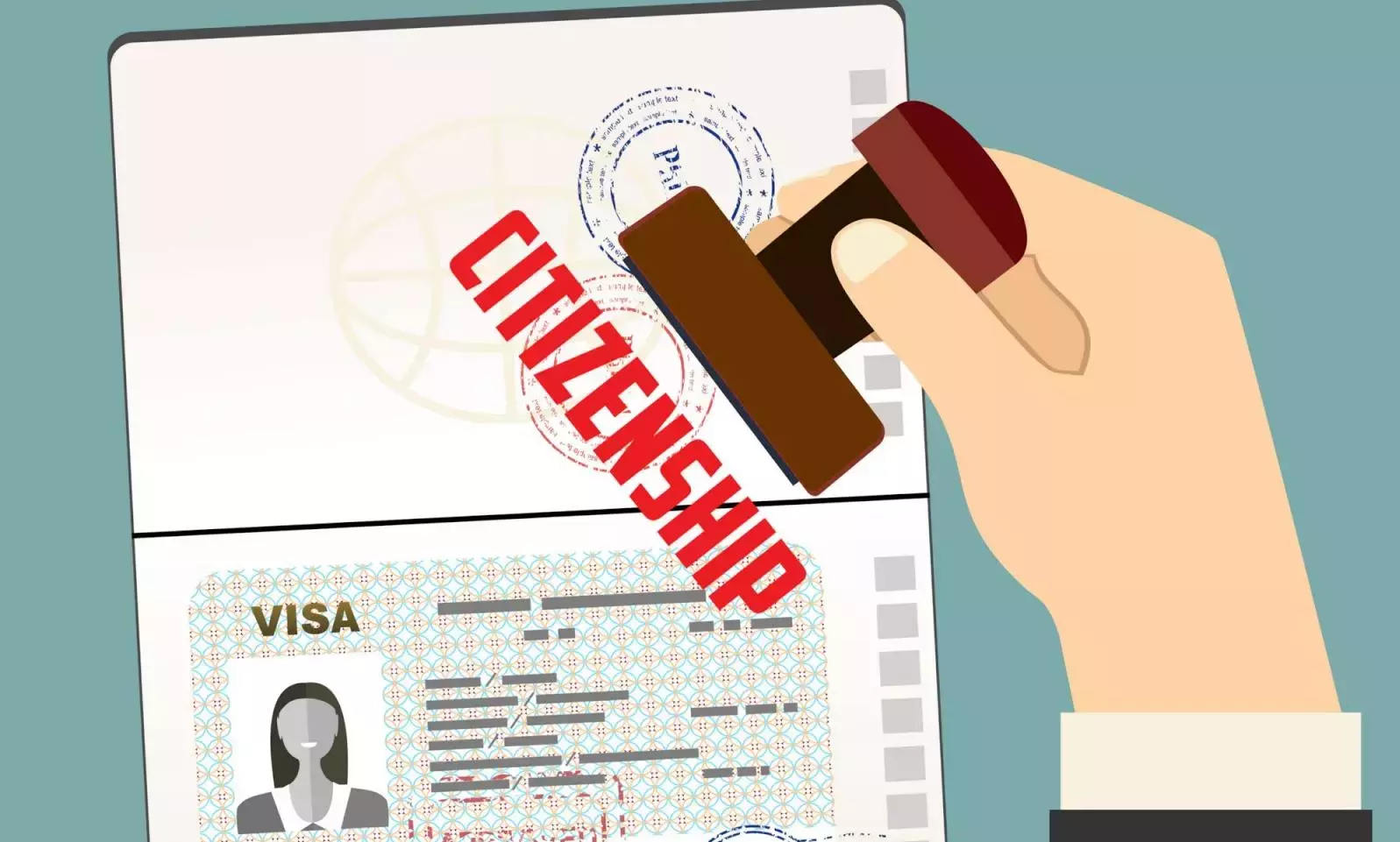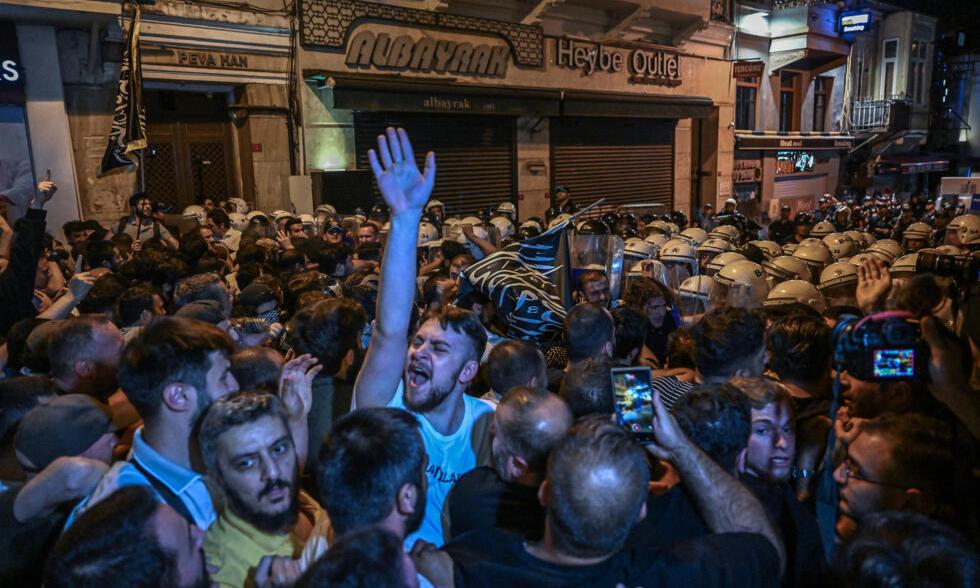
Alleged cartoon of Prophet in magazine leads to arrests and clashes in Istanbul
text_fieldsAuthorities in Istanbul on Monday ordered the arrest of senior staff at the satirical magazine LeMan on the allegation that it had published a caricature of the Prophet Muhammad, an act considered deeply offensive in Islamic tradition.
The magazine’s editor-in-chief, managing editor, cartoonist, and graphic designer were named in arrest warrants issued shortly after public anger erupted over the publication, which government officials said targeted sacred religious beliefs.
The cartoon, featured in the magazine’s latest issue, was widely interpreted by critics as a depiction of the prophet, prompting condemnation from top government figures who accused LeMan of attempting to provoke religious sentiments.
The justice minister announced the initiation of a criminal investigation, while the interior minister confirmed that both the cartoonist and designer had been detained and would be held accountable under Turkish law.
The editorial team at LeMan denied the accusation, asserting that the cartoon had been misunderstood and did not portray the prophet. They claimed that the image referred instead to a Muslim victim of Israeli bombardment, and that the name Muhammad—widely used across the Islamic world—was employed in a general context unrelated to any religious figure. The magazine maintained that the cartoon was intended to express solidarity with oppressed Muslims, not to mock religious sanctities.
Despite these clarifications, tensions escalated in central Istanbul, where a group of protesters attacked a bar associated with the magazine’s staff. The incident sparked violent clashes involving hundreds of people, as police intervened with rubber bullets and tear gas to disperse the crowd. The situation underscored the volatility surrounding expressions of satire in Turkey, especially when religion is perceived to be the subject.
Founded in 1991, LeMan is known for its sharp political commentary and has long faced criticism from conservative segments of society. Its earlier expression of support for France’s Charlie Hebdo following the 2015 attacks placed it under sustained scrutiny from both officials and religious groups, and its latest publication has once again brought it into confrontation with state authorities.
Government leaders condemned the cartoon as a deliberate assault on the nation’s faith, rejecting any defence on the grounds of artistic or press freedom. Officials insisted that such provocations would not be tolerated and pledged legal action against those responsible, framing the publication as a threat to societal peace.
























